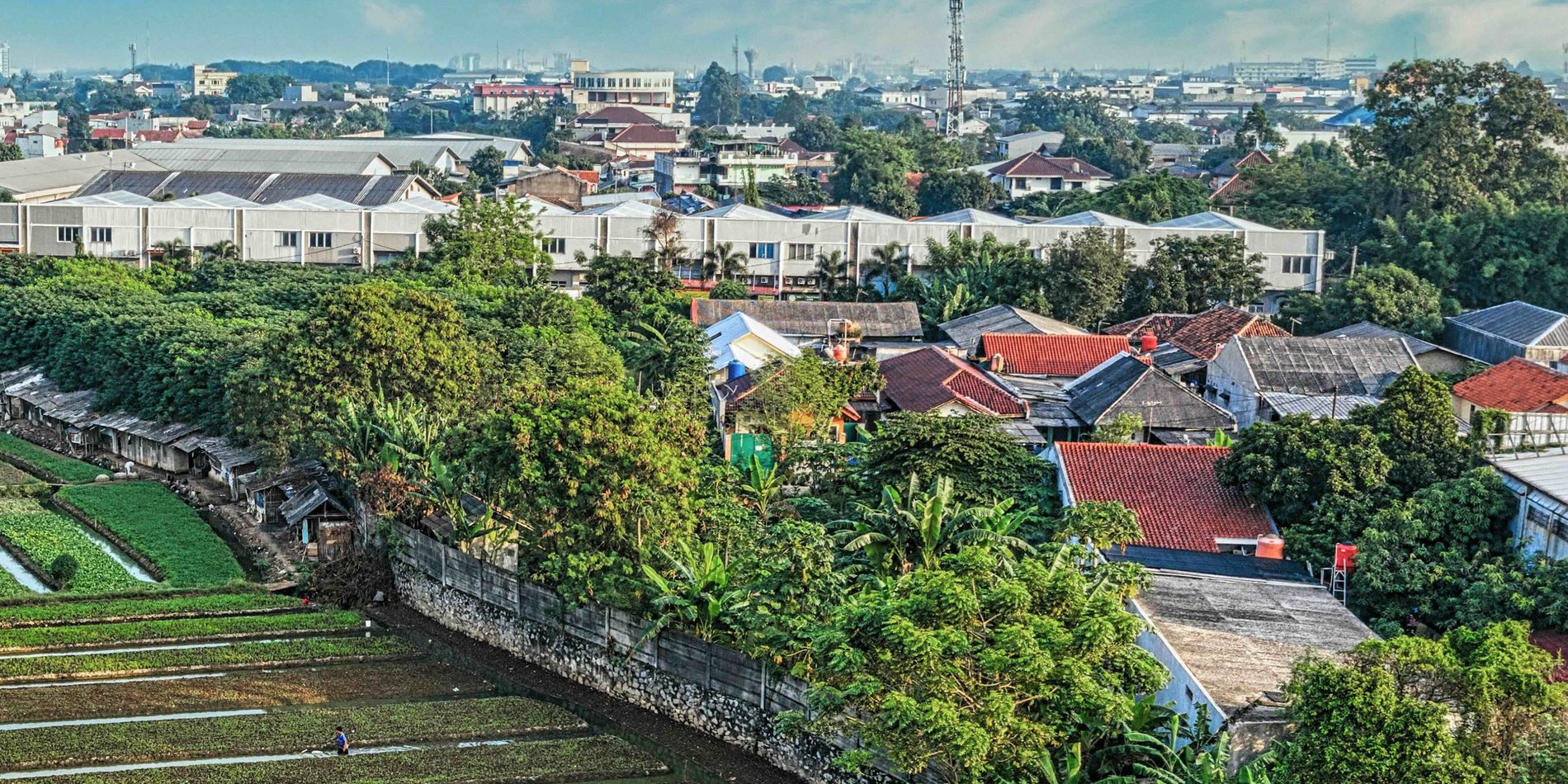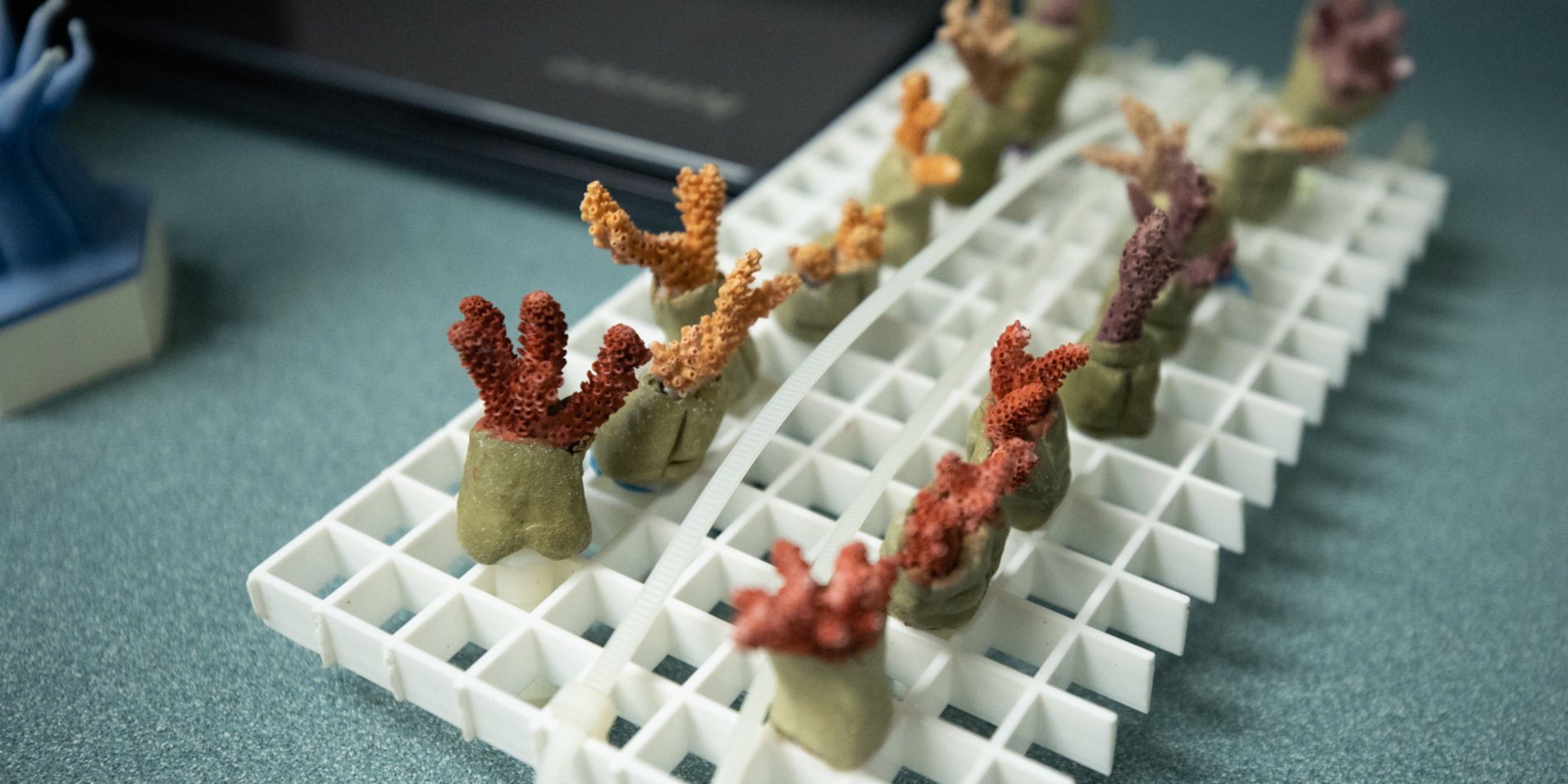Does sustainably managing the ocean mean we will produce more food, or less?
Given the growing demand for food and the constraints of expanding land-based food production, ocean-based foods – which are nutrient-rich and a source of protein – are poised to be our next great stand against food insecurity for the estimated 9.8 billion people on the planet by 2050. But can we produce more from the ocean without collapsing its ecosystems?
A group of experts from around the globe, including from Stanford, came together to analyze this question, relying upon their combined breadth of knowledge spanning economics, biology, ecology, nutrition, mariculture (cultivating marine life for food) and fisheries.
“Basically the question we were trying to answer was: Does sustainably managing the ocean over the next 30 years mean we will produce more food, or less?,” said Christopher Costello, a professor of Environmental and Resource Economics at the UCSB Bren School of Environmental Science & Management, and the lead author of a new paper in Nature.
“I think many of us went into this thinking that to manage the ocean sustainably, we would have to extract less, which would mean less food from the sea.” Costello said. What the researchers found, however, was the opposite.
“If done sustainably, you could actually increase food from the sea and by an outsize proportion relative to expansion of land-based food,” explained co-lead author Ling Cao, Affilitated Fellow at Stanford's Center for Food Security and the Environment. “And it could be done in a way that’s much more environmentally friendly for the climate, biodiversity, and other ecosystem services than food production on land.”
Start with Sustainability
In fact, sustainability is key to the successful increase in food production from the ocean.
"By improving sustainability and equity through a range of actionable policy and business commitments, food from the sea has the potential to expand in the future, nourishing the growing human population," said Stefan Gelcich, another lead author and Associate Professor at the Pontificia Universidad Católica de Chile.
Actively managing fisheries, according to the paper, “allows overexploited stocks to rebuild, which can increase long-term food production from wild fisheries.”
Cao added that with innovations that reduce mariculture's dependency on fish-based feed and effective policies that can lower the barriers to initiating environmentally-friendly operations, farmed fish and shellfish production can increase dramatically. "While sustainable supply could increase by more than six-fold, when both supply and demand are considered, the likely increase in mariculture is between 139-373% depending on future demand," she said.
Conversely, failure to improve management could lead to significant reductions in seafood production from wild fisheries.
There’s no better time than the present to start sustainably planning and growing the system that could be feeding us in a generation, according to Costello, who pointed out that increases in population and wealth, along with the awareness that seafood is particularly nutritious, will drive future demand.
“Demand for meat tends to increase with wealth” said Costello, adding that the group also looked at the potential demand for seafood — a rare and sometimes overlooked assessment — and found that potential growth in supply could more than meet projected demand.
Stanford's Rosamond Naylor explains that "In addition to protein, food from the sea contains bioavailable micronutrients and essential fatty acids that are not easily found in land-based foods and is thus uniquely poised to contribute to global nutrition security." Naylor, Cao and other paper authors are continuing to explore the value of food from the sea as part of the Blue Food Assessment, an international effort to put “blue food” (food from marine and freshwater systems) in the center of the global food policy agenda.
Projections of population and income by 2050 suggest a future need for over 500 million metric tons of edible meat per year for human consumption, a 38% increase from today’s production. Supplying that demand with land-based meat production would be difficult due to less available space and environmental impacts; shifting to ocean production could ease that pressure while supplying meat that is sustainably sourced and overall healthier for people.
“As people’s diets shift, as they get wealthier, as the population grows, as they start to realize that fish are more nutritious and healthier than land-based sources of meat, the demand grows. That raises prices and creates an economic incentive to generate food from the sea,” said Costello.
Research on this paper at UC Santa Barbara was also conducted by Christopher M. Free, Jason Maier, Ilan Macadam-Somer, Tracey Mangin, Erin O’Reilly and Andrew J. Plantinga at the Bren School of Environmental Science & Management; as well as by Halley E. Froehlich at the Department of Ecology, Evolution & Marine Biology and Environmental Studies.
Co-lead authors Ling Cao at Shanghai Jiao Tong University, and Stefan Gelcich at Pontificia Universidad Católica de Chile contributed research to this study. Miguel Á. Cisneros-Mata, at the Insituto Nacional de Pesca Y Acuacultura; Christopher D. Golden at Harvard University; Gakushi Ishimura at Iwate University; Michael C. Melnychuk at the University of Washington; Masanori Miyahara at the Fisheries Research and Education Agency of Japan; Carryn L. de Moor at the University of Cape Town; Rosamond Naylor at Stanford University; Linda Nøstbakken at the Norwegian School of Economics; Elena Ojea at CIM-University of Vigo; Ana M. Parma at the National Scientific and Technical research Council of Argentina; Shakuntala H. Thilsted at WorldFish; and Jane Lubchenco at Oregon State University also conducted research for this paper.



